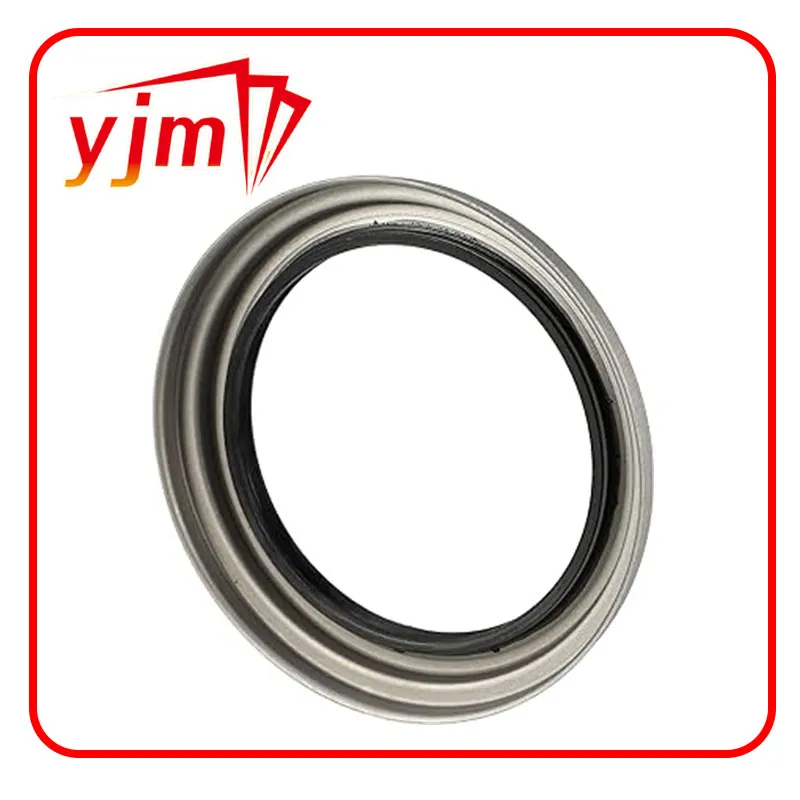7.3 Oil Cooler Gasket Replacement | Quality & Performance Parts
Understanding the Importance of Oil Cooler Gaskets in 7.3L Diesel Engines
The 7.3L diesel engine, renowned for its durability and power, has become a favorite among truck enthusiasts and heavy-duty vehicle operators. One of the critical components that ensure the efficient operation of this engine is the oil cooler gasket. While it may seem like a small part, the oil cooler gasket plays a vital role in maintaining optimal engine performance and longevity.
What Is an Oil Cooler Gasket?
An oil cooler gasket is a sealing component that is used to connect the oil cooler to the engine block or the oil cooler housing. Its primary purpose is to prevent oil and coolant from mixing, ensuring that each fluid remains in its designated system. In the 7.3L diesel engine, which often operates under strenuous conditions, the integrity of the oil cooler gasket is essential.
The Role of the Oil Cooler
Before delving into the gasket's specifics, it’s important to understand the function of the oil cooler itself. The oil cooler serves to lower the temperature of the engine oil, making it more effective in lubricating engine components. This is crucial because oil functionality diminishes at high temperatures, which can lead to increased wear and tear or even catastrophic engine failure. By maintaining a cooler oil temperature, the oil cooler ensures better lubrication, reduces friction, and ultimately enhances the engine's lifespan.
Signs of Oil Cooler Gasket Failure
oil cooler gasket 7.3

Over time, oil cooler gaskets can wear out due to heat, pressure, and vibration. When this happens, several symptoms can manifest. One of the most common signs of a failing oil cooler gasket is coolant or oil leaks. If you notice any fluid pooling beneath your vehicle, it could indicate a compromised gasket. Additionally, contaminated oil—with a milky appearance—can be a telltale sign that coolant is mixing with the oil, often resulting from a gasket failure.
Drivers might also experience overheating issues as a result of a defective oil cooler gasket. Since the oil cooler is responsible for regulating the temperature of the oil, any disruption can lead to higher operating temperatures, which can further damage engine components.
Replacement and Maintenance
Given the critical function of the oil cooler gasket, regular inspection and timely replacement are essential for maintaining a healthy 7.3L diesel engine. When replacing the gasket, it is important to use high-quality parts designed for the 7.3L engine. Proper installation is equally crucial, as an improperly sealed gasket can still lead to leaks and engine damage.
In addition to monitoring the condition of the oil cooler gasket, regular oil changes and maintaining the cooling system can prolong the gasket's life. Ensuring that the oil cooler itself is functioning effectively will also reduce stress on the gasket, enhancing its longevity.
Conclusion
In conclusion, while the oil cooler gasket may seem insignificant in the grand scheme of the 7.3L diesel engine, its role is undeniable. It is essential for preventing fluid contamination, maintaining optimal oil temperatures, and ensuring overall engine performance. By understanding the importance of this component and being vigilant about its maintenance and replacement, diesel engine owners can ensure the reliability and longevity of their vehicles.
-
Simplifying Oil Changes: A Comprehensive Guide to Oil Drain Plugs and Their Variants
News Aug.04,2025
-
Mastering Oil Drain Maintenance: Solutions for Stripped, Worn, and Upgraded Oil Plugs
News Aug.04,2025
-
Fixing Oil Pan Plug Issues: Leaks, Stripped Nuts, and the Right Replacement Solutions
News Aug.04,2025
-
Everything You Need to Know About Oil Drain Plugs: Sizes, Fixes, and Upgrades
News Aug.04,2025
-
Choosing the Right Oil Drain Plug: A Guide to Sizes, Materials, and Drain Innovations
News Aug.04,2025
-
A Complete Guide to Automotive Drain Plugs: Types, Problems, and Innovative Solutions
News Aug.04,2025
-
The Ultimate Guide to Car Repair Kits: Tools and Essentials Every Driver Should Own
News Aug.01,2025
Products categories















